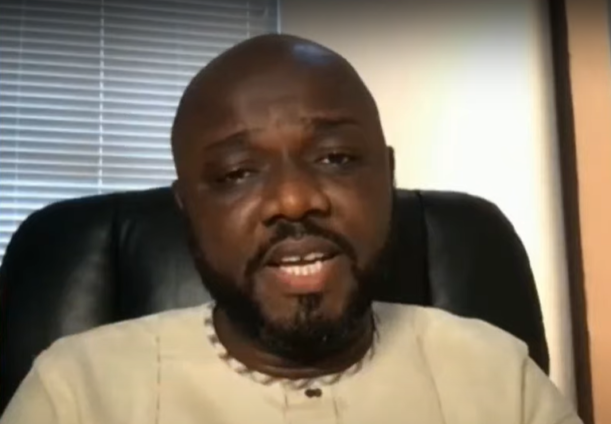The Executive Director for the African Centre for Energy Policy (ACEP), Benjamin Boakye has advised the government to carry out an internal assessment of the Energy sector crisis so they can deal with it.
According to him, the government's continuous denial of the financial challenges in the power sector makes it impossible to address the situation.
Speaking on the Super Morning Show on Joy FM, he said “We need to define what the problem is and deal with it. We can’t keep referencing our situation today with the past 'dumsor' which everybody knows was a period in our history. What is the crisis today? The crisis we have today is finance which is impacting our economy in general and also the budget of the country,” he said.
He explained that although the government might argue that they have been able to keep the lights on without frequent load shedding, this action was at a higher cost to the economy.
“If you have to take $2 billion-plus from State resources only to keep the light on, it is a major crisis that we must address. ISSER estimated that 'dumsor' over its period cost Ghana about $2 billion and you have a power system today that is draining more than that every single year from our budget, which is a bigger crisis for us to deal with. So that we are not telling people that the light is on without telling them at what cost,” he said, adding that “when in fact it is about selling power, recovering the money and paying the value chain. Why are we failing to deliver this to the extent that we have to sacrifice that school, the hospitals, the roads, to be able to pay for electricity bills? That's what we are doing.”
To address the power sector crisis, he advised the government to comprehensively address the financial, managerial, and technical issues.
Read also: Electricity supply to be affected anytime soon – Energy Minister
Early on Monday, Minister for Energy, Dr. Mathew Opuku Prempeh raised concerns about the shortage of gas for productionan and its imminent impact on electricity supply.
According to him, the issue is a result of excessive dependence on gas plants, which differs from the past reliance on liquid fuel to support energy generation.
Read also: Ghana’s energy sector facing direr financial challenges than before – Ben Boakye
Dr. Prempeh explained that the country is currently grappling with a double predicament, where a complete shift towards a gas-based system has left the power infrastructure vulnerable, and that any interruption in the gas supply will lead to a shutdown of all power-generating systems, resulting in a complete blackout across the country.
Latest Stories
-
I want to focus more on my education – Chidimma Adetshina quits pageantry
3 hours -
Priest replaced after Sabrina Carpenter shoots music video in his church
4 hours -
Duct-taped banana artwork sells for $6.2m in NYC
4 hours -
Arrest warrants issued for Netanyahu, Gallant and Hamas commander over alleged war crimes
4 hours -
Actors Jonathan Majors and Meagan Good are engaged
4 hours -
Expired rice saga: A ‘best before date’ can be extended – Food and Agriculture Engineer
4 hours -
Why I rejected Range Rover gift from a man – Tiwa Savage
4 hours -
KNUST Engineering College honours Telecel Ghana CEO at Alumni Excellence Awards
5 hours -
Postecoglou backs Bentancur appeal after ‘mistake’
5 hours -
#Manifesto debate: NDC to enact and pass National Climate Law – Prof Klutse
5 hours -
‘Everything a manager could wish for’ – Guardiola signs new deal
5 hours -
TEWU suspends strike after NLC directive, urges swift resolution of grievances
5 hours -
Netflix debuts Grain Media’s explosive film
6 hours -
‘Expired’ rice scandal: FDA is complicit; top officials must be fired – Ablakwa
6 hours -
#TheManifestoDebate: We’ll provide potable water, expand water distribution network – NDC
6 hours

